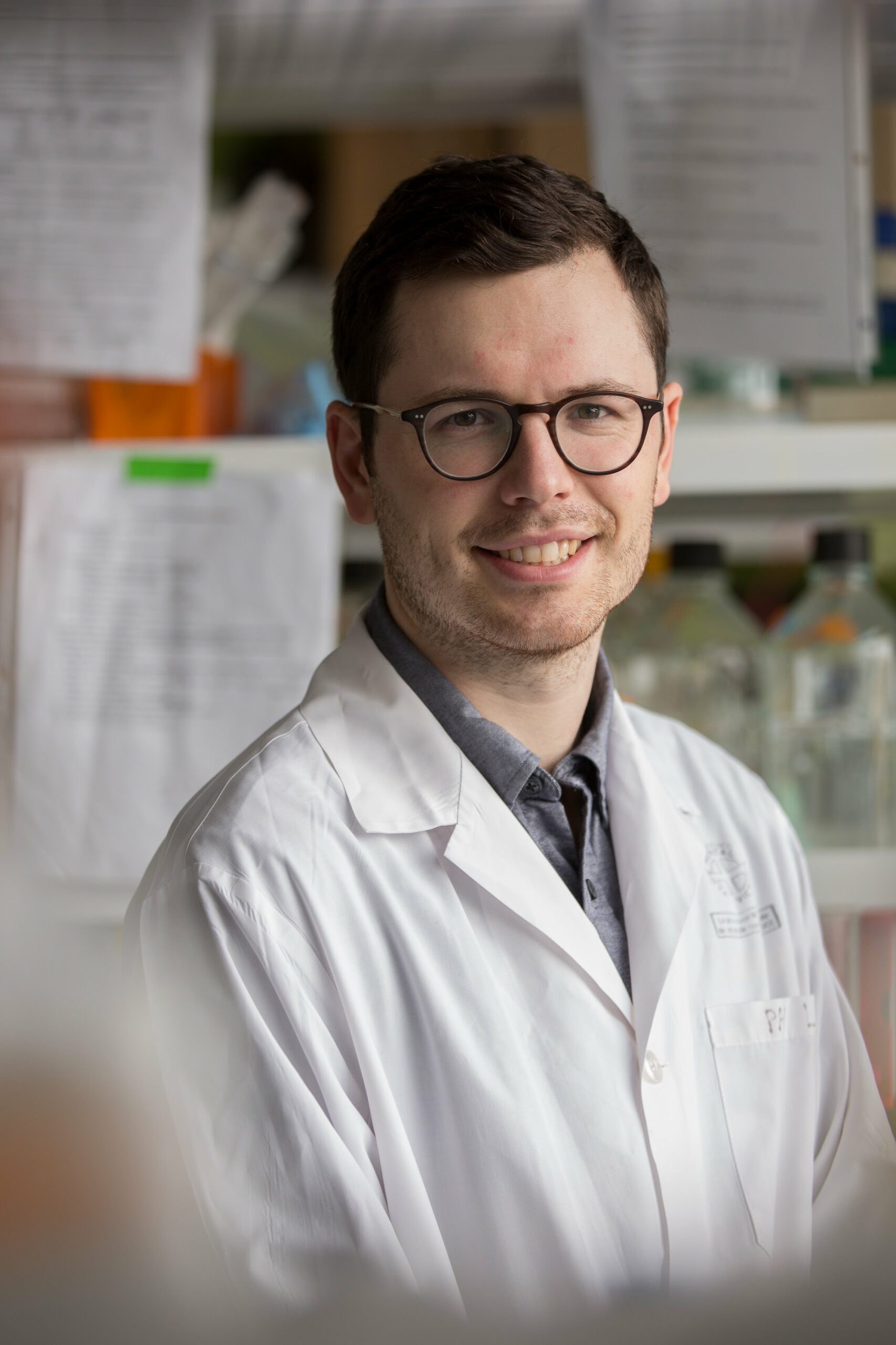 By Lisa Dutton
By Lisa Dutton
McGill has doubled enrollment in its MDCM & PhD Program. A career as a physician-scientist is extremely rewarding and meaningful. It is also challenging and requires creativity, perseverance and passion. To learn more about this elite program attend the MDCM & PhD open house on September 13th from 6:30- 8 p.m. in room S1/3 in Stewart Biology Building. For more information about the MDCM & PhD Program, please contact Kimberly John at: mdphdadmin.med@mcgill.ca.
Meet Paul Savage, Class of 2019, one of the MDCM & PhD Program’s talented cohort of trainees
Paul’s interest in medicine was sparked by great mentors, including his high school science teacher, a physician-scientist who often highlighted the link between science and medicine.
When applying to McGill, he vacillated between research and medicine. “I was interested in the intellectual challenge of research and the possibility of helping society at large. But, I was also interested in becoming a doctor because of the patients I’d treat. The McGill MDCM & PhD Program opened the door to both – medicine to help patients today; research to help them tomorrow,” he says.
Under the supervision of Dr. Morag Park, Director of the Rosalind and Morris Goodman Cancer Research Centre at McGill, Paul is studying an aggressive form of breast cancer. The goal is to determine if subsets of people living with breast cancer might benefiy from drugs already approved and commonly used to treat other cancers. “It is an exciting time to be a cancer researcher. Thanks to the genomic era, the field is changing at an incredibly rapid pace. How we treat and diagnose people living with the disease is being revolutionized,” he says.
Paul is in a long-term relationship, which he credits with helping him find that sometimes elusive work-life balance. He has always loved sports and has recently taken up golf, although he won’t reveal his handicap.
With their dual degrees, physician-scientists are poised to bridge the gap between research and clinical practice. Most will spend the majority of their time doing research and the remainder taking care of patients. This allows them to identify novel and clinically relevant questions at the patient’s bedside that inspire and inform their research.
To ensure trainees are able to focus on their studies and research, the University provides guaranteed annual funding of $25,000.
Register today
September 7, 2018
